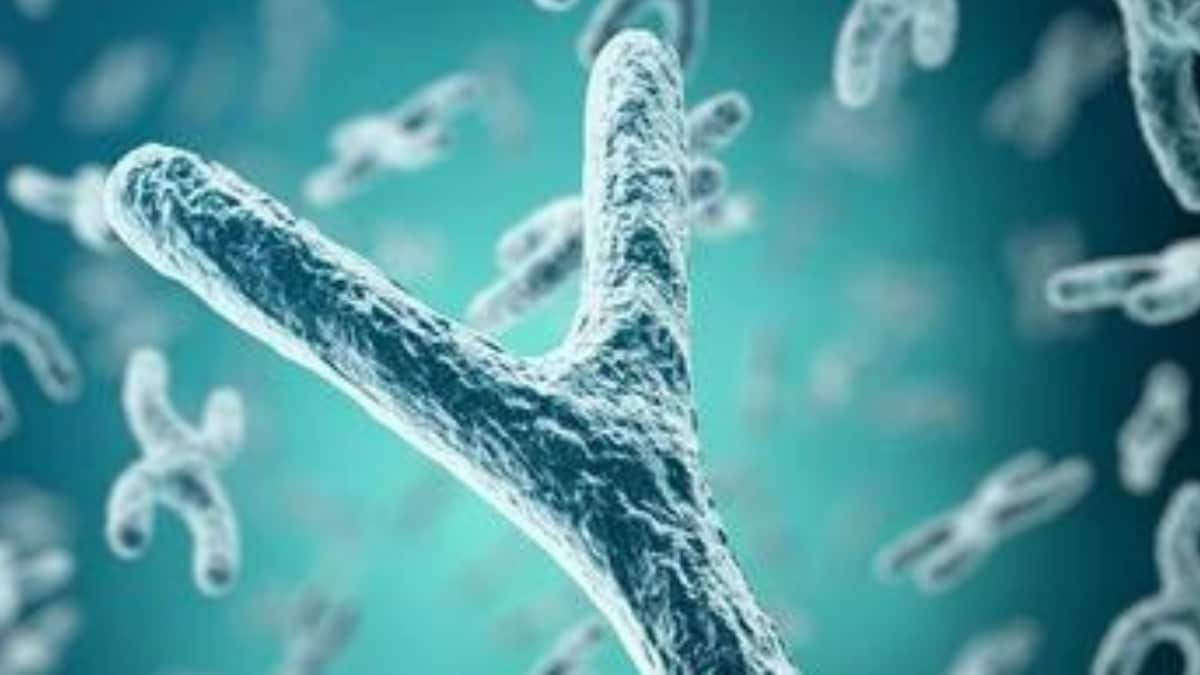
New research published in the journal Nature has revealed that as men age, the loss of the Y chromosome in cells enables cancer cells to evade the immune system, hindering their ability to fight against cancer.
The study, led by Dan Theodorescu, director of Cedars-Sinai Cancer in California, US, found that the loss of the Y chromosome allows bladder cancer cells to grow aggressively and escape the immune system’s response.
This groundbreaking study establishes a connection between Y chromosome loss and the immune system’s role in combating cancer, highlighting a previously unknown relationship.
In humans, cells possess one pair of sex chromosomes, with males having X-Y sex chromosomes and females having X-X.
The loss of the Y chromosome has been observed in various cancer types, including 10-40% of bladder cancers.
The researchers reviewed data on two groups of men with bladder cancer, comparing those who received immune checkpoint inhibitor treatment and those who did not. The study found that men who lost Y chromosomes had a poorer prognosis and lower survival rates compared to those who received treatment and retained their Y chromosomes.
To understand the reasons behind this, the investigators conducted experiments using mice and observed the growth of bladder cancer cells.
They grew cancer cells in an immune cell-free environment and also in mice that lacked a specific type of immune cell. In both environments, tumors with and without the Y chromosome grew at the same rate.
However, in mice with intact immune systems, tumors lacking the Y chromosome grew significantly faster than those with the intact Y chromosome.
Theodorescu explains, “The key to the ‘loss-of-Y’ effect in bladder cancer is the difference in growth rate only when the immune system is active. When cells lose the Y chromosome, T-cells become exhausted, leading to aggressive tumor growth.”
Despite being more aggressive, the cancer cells without the Y chromosome were found to be more receptive to immune checkpoint inhibitors, according to the study’s findings from human patients and mice.
This therapy helps reverse T-cell exhaustion and empowers the body’s immune system to combat cancer.
Hany Abdel-Hafiz, associate professor at Cedars-Sinai Cancer and co-first author of the study, states, “Fortunately, this aggressive cancer has a vulnerability. It is more sensitive to immune checkpoint inhibitors than cancers with an intact Y chromosome.”
Further research is needed to fully comprehend the genetic link between Y chromosome loss and T-cell exhaustion, according to the researchers.
Although women do not possess a Y chromosome, Theodorescu suggests that these findings could have implications for them as well.
“The significance of Y chromosome loss should prompt discussions about including sex as a variable in all scientific research related to human biology,” Theodorescu highlights.
Theodorescu concludes, “The new knowledge we provide here not only explains why certain cancers are more severe in men or women but also sheds light on the best treatment approaches. It demonstrates that the Y chromosome serves more purposes beyond determining biological sex.”
(This story has not been edited by News18 staff and is published from a syndicated news agency feed – PTI)
Denial of responsibility! SamacharCentrl is an automatic aggregator of Global media. In each content, the hyperlink to the primary source is specified. All trademarks belong to their rightful owners, and all materials to their authors. For any complaint, please reach us at – [email protected]. We will take necessary action within 24 hours.

Hemalata Nehete celebrates the art of living well, exploring topics ranging from travel and fashion to home decor and culinary delights, offering inspiration for readers seeking a balanced and enjoyable lifestyle.

